Ancient African Civilization
- Adetunji Adelola
- Dec 3, 2019
- 5 min read
The first African kingdom according to Goggle is the SAHELIAN kingdom, believed to be south centered in the sahel ,then the WAGADU Empire(GHANA), while this might be the popular notion there is a solid chance that it is not a fact . As a student of philosophy , i have always questioned every established idea no matter how rooted they appear to be .
We can go online to research the greatest kingdoms in Africa or what Africans were doing during the Viking or the Roman campaigns , we can never find a solid answer basically because most of conquest and history of the continent from that time has either been removed systematically or burnt. There is no clear picture to what Ancient Africa ( pre-colonial Africa) was, it is vague. I mean does anyone really know how old Africa is, whereas it will be easy to direct the discovery of the continent towards some European sovereignty. Recently, certain anthropological discoveries sheds light on so much history buried deep in Africa, there is a good chance that the first men were black contrary to what any religion will have you believe and Africa might be the oldest human habitat.
Note: The oldest human skeletons were found in modern day Ethiopia.
Pop culture, pop history is consumed by european social ideologies, history, laws and culture. We are mostly familiar with stories of greatness like Napoleon Bonaparte but we are ignorant of greatness like Shaka Zulu, Queen Victoria is imbedded in today's popular culture but Queen Amanirenas isn't as popular. This is why I've chosen to talk you about two of Africa's oldest civilization from different eras.
-THE KINGDOM OF KONGO
-AKSUMITE EMPIRE
THE KINGDOM OF KONGO:
Located in west central Africa, engulfing present day northern Angola, western portion of the Democratic Republic of Congo and south Gabon. According to Britannica.com, traditional accounts explains that the kingdom was founded by LUKENI LUA NIMI around 1390, which like every kingdom started as a household that grew into a community, into a town then into a city, conquering territories while integrating through royal patrimony hence the massive kingdom. The known Kongo provinces were Soyo, Mbata, Nsundi, Mpangu, Mbamba and Mpemba. The capital was Mbanza Kongo, just like every known kingdom capital of that time, Mbanza was densely populated with a large economy.
Between the 14th and the 19th century, the kingdom prospered through regional trade of copper, ivory and slaves or war prisoners. The slave trade intensified at the arrival of the Portuguese with their customs and religion. The people of Kongo also traded salt, cattle hides, gold, iron ore etc , the latter trade was especially lucrative and well-regulated, with rotating markets appearing in towns on fixed days of the week . The use of shell currency was common among forest and grassland people ( Nzimbu shell).
By the time slavery was in full effect , most of the African kingdoms similar to Kongo fell quick especially in west Africa , slavery swept through West Africa from the 16th century through most of the 19th century, the kingdom of Kongo deteriorated greatly during this period. King Leopold II of Belgium left his mark on Kongo, his monarch after the European division of the African continent in 1884( after the Berlin conference) unleashed a gruesome era of intense slave trade, genocide and the illegal mining and selling of Kongo's natural resources namely ivory, gold, diamonds, wildlife and the people essentially.
NOTE: This wasn't a kingdom of savages or uneducated people. There was law as there was order, an hierarchy and a sharp social class; a ruler or ruling monarch, a middle class that consist of merchant, tax collectors, priest, educators and a largely populated lower class of farmers, dress makers etc.
King Afonso I is probably the most popular ruler in the history of Kongo, he ruled for the first half of the 16th century, he had a strong but vague relationship with the Portuguese which made him the first catholic christian ruler of the Kongo. Afonso reached an agreement with Manuel I king of Portugal that allowed Kongo to absorb Portuguese institutions and in-turn granted extra territorial rights to Portuguese subjects and also supplied slaves to Portuguese traders.
AKSUMITE EMPIRE:
It is sometimes refereed to as the kingdom of Aksum or Axum, it was the most important trading nation in north-eastern Africa. The 4th century down to the 1st century the Aksumites had tremendous power across the red sea, this kept them connected to the rest of the world. They were trading with Rome, India, Persia and other great powers of that time.
NOTE: Axum is considered to be the resting place for the ark of covenant and the present day Ethiopia, the entire Ethiopian cultural, social and political behavior is structured on the Aksumite's system. They invented the language GE'EZ.
The empire started to decline due to climate change and war, in the 10th century, the legendary Jewish Queen Judith (or Gudit) conquered the empire laying waste to numerous members of the 2000 year old Solomonid dynasty, massacring thousands of Christians, laying waste to Axum and its countryside and seizing the throne for herself.
Much is unknown about the origin of this great civilization, just pieces of anthropological evidences and fairy tales, what is left of this civilization can be found on ground in Ethiopia, i believe most Ethiopians can testify to that. The empire was mentioned in the PERIPLUS of ERYTHREN as an important market place for ivory exported throughout the ancient world in the 1st century. The Periplus also made reference to a ruler of Axum ZOSCALES who ruled over Axum and two harbors on the red sea (Adulis and Avalites), which meant the empire at the time engaged and enjoyed merry-time trade. This empire was extremely prominent at the time, economically strong, had a standard hierarchy, a strong military and the Aksumites in 3rd century already mints their own coin currency.
NOTE: At its height, the Aksumite empire had sovereignty over Ethiopia, Eritrea, northern Sudan, southern Egypt, Djibouti, Yemen and southern Saudi Arabia totaling 1.25million kilometer. It was definitely among the great powers of it's time along with Persia,Rome and China.
Aksumite Kings traced their lineage to Solomon and Queen Sheba. This royal heritage and title was claimed and used by all emperors of Ethiopia, they also ran feudal system just like in mediaval Europe due to the possession of large number of provinces.
The Aksumites traded with India, Rome, and Byzantium exporting tortoise shell, ivory, gold and emeralds while importing silk and spices. They also shared social and political ideas along with political institutional similarities with other great powers of the time. They definitely played a massive role in structuring every political institution that has been created since the decline of the empire, they left residues of their culture in India, Rome and Persia.
















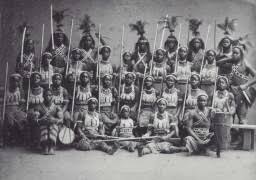










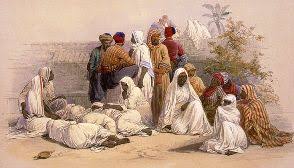






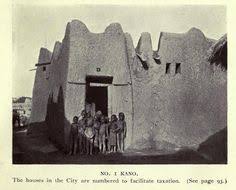
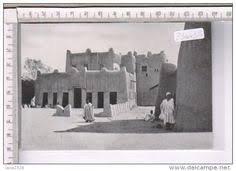




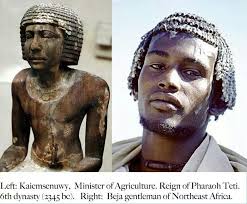








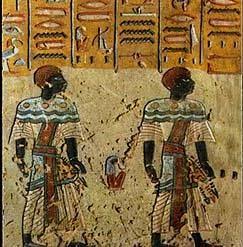






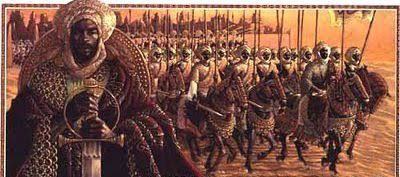



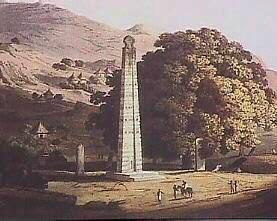




Comments